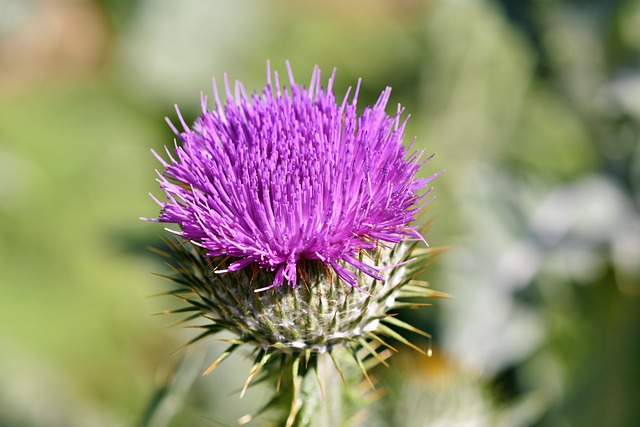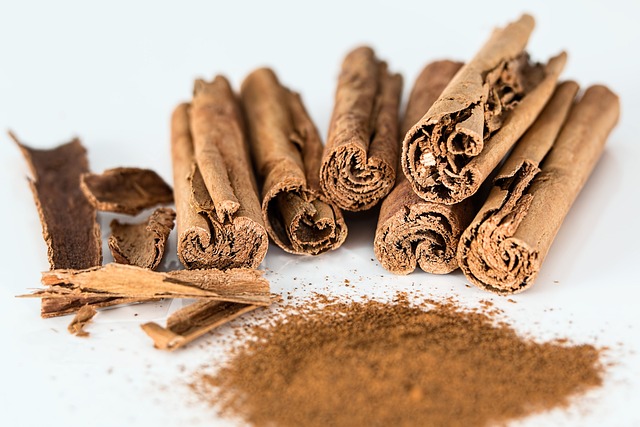Mornings hold the promise of a fresh start, and in Ayurveda, how you begin your day can set the tone for the rest of the day that lies ahead of you.
The Importance of a Balanced Breakfast
Breakfast in Ayurveda is considered essential because it jumpstarts your metabolism, balances your Doshas, and sets the rhythm for your day. It’s like providing your body with the right tools to function optimally. A wholesome breakfast fuels your physical activities, enhances mental clarity, and plays a crucial role in hormonal balance.
The morning is when your body’s hormonal system is most receptive, and what you eat can either support or disrupt this delicate balance. Skipping breakfast or consuming unhealthy choices can lead to hormonal imbalances, which can result in mood swings, energy fluctuations, and other health issues.
In Ayurveda, breakfast isn’t just a meal; it’s a ritual, a practice that can have a profound impact on your physical and emotional health. The ancient science of Ayurveda recognises the importance of starting your day with a balanced breakfast to promote overall wellness and also, to help balance your hormones.
Heard it right: Hormone-friendly! As an Ayurveda Hormone Coach, it is very important to me that my clients pay special attention to their breakfast. Especially for women who suffer from exhaustion, hypothyroidism, or adrenal fatigue, a protein-rich breakfast is crucial. Because protein provides long-term energy, keeps us alert, and maintains our blood sugar levels stable. Stable blood sugar keeps us fuller for longer, protects us from cravings, and relieves stressed adrenal glands.
Best Ayurvedic Breakfast For Your Dosha
Ayurveda teaches that choosing foods that align with your constitution type “Dosha” and the season can help harmonize your hormonal system.
For example, Vata types can benefit from warm oatmeal with spices like cinnamon and cardamom, while Kapha types might focus on freshly cooked, whole foods that are light, dry, warming, well-spiced, and relatively easy to digest—ideally served warm or hot. Pitta can choose breakfast options that have cooling and calming qualities to balance their fiery nature like a sweet or savoury quinoa porridge or a coconut chia pudding.
Why is Breakfast Good for Hormones?
Having breakfast is recommended for hormone balance for several reasons, especially when following principles from holistic systems like Ayurveda and modern nutritional science. Here’s why it’s important:
- Blood Sugar Regulation: Eating a balanced breakfast helps stabilize blood sugar levels, which is crucial for hormone balance. When you skip breakfast, your blood sugar can drop, leading to increased stress hormone production, like cortisol. This hormonal response can negatively affect your mood, energy levels, and overall well-being.
- Metabolism Kickstart: Breakfast jump starts your metabolism, ensuring your body functions optimally throughout the day. This metabolic boost can help maintain a healthy weight and contribute to hormone balance. When you skip breakfast, your metabolism might slow down to conserve energy.
- Hormone Production: Certain hormones, like insulin, are responsible for managing blood sugar levels. Having breakfast can support the proper secretion and functioning of these hormones. An imbalanced diet, especially one that excludes breakfast, can lead to insulin resistance and other hormonal imbalances.
- Cortisol Regulation: A morning meal can help regulate cortisol, the body’s primary stress hormone. Skipping breakfast may result in elevated cortisol levels, contributing to stress-related health issues. Balanced cortisol levels are vital for overall hormonal harmony.
- Thyroid Function: For individuals with thyroid issues, particularly hypothyroidism, having breakfast is important. It ensures you’re providing the necessary nutrients and energy for your thyroid to function optimally. Skipping breakfast can impact thyroid hormone production and metabolism.
- Fertility and Menstrual Health: For women, breakfast can be particularly crucial for fertility and menstrual health. Skipping meals, especially breakfast, may disrupt the menstrual cycle, affect ovulation, and lead to hormonal imbalances.
- Nutrient Intake: A balanced breakfast allows you to include essential nutrients, vitamins, and minerals in your diet. These nutrients are vital for overall health, including hormonal balance. Skipping breakfast might lead to nutrient deficiencies.
- Emotional Well-Being: Eating a nourishing breakfast can have a positive impact on your mood and emotional well-being. Hormones, such as serotonin and dopamine, play a role in regulating your mood, and they can be influenced by your dietary choices.
- Mindful Eating: Starting your day with breakfast encourages mindful eating habits. This can lead to better food choices and portion control throughout the day, further supporting hormone balance.
It’s important to note that the specific breakfast choices should align with your individual constitution, needs, and any existing health conditions. In Ayurveda, for instance, different doshas (Vata, Pitta, Kapha) have distinct dietary recommendations for breakfast to maintain hormone balance and overall well-being.
If you don’t know your Ayurvedic digestive type check out my article: “What’s Your Digestive Type?”
Below, you’ll discover two hormone-balancing recipes along with some suggestions to tailor them to your specific Ayurvedic digestive type.
Do you want to discover more about your unique Ayurvedic body-mind type? Then watch my Youtube video “How to Thrive for Vata, Pitta & Kapha”.
Work With Me
So now let’s talk about you. How are your hormones doing? Are you feeling well? Are you comfortable with your weight? Do you have energy and sleep well? Is your menstrual cycle running smoothly? Are you transitioning easefully into menopause?
If not, it might be related to your hormones. Because when they are not in balance, we don’t really feel comfortable in our own skin.
If you want to find out whether your hormones might be the reason you can’t seem to lose weight, are experiencing menstrual issues and PMS, or constantly have cravings, why not book a complimentary Discovery Call with me? It can provide you with clarity about what’s going on and if my Hormone Thrive Program, available as a group and VIP program, can help you to kickstart your hormone balance.














